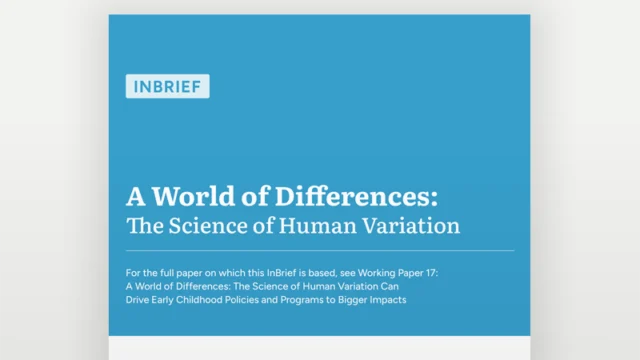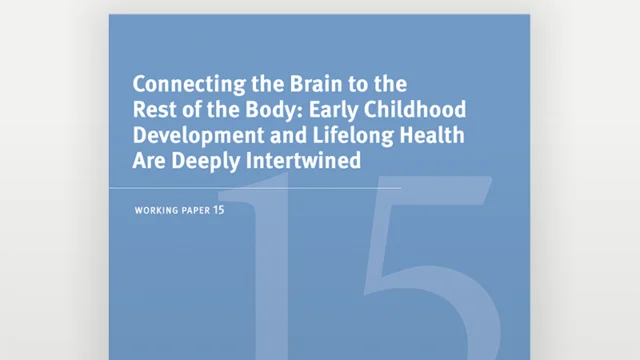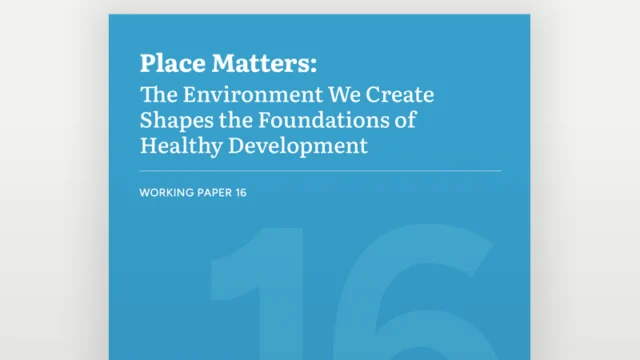A Guide to Individual Differences
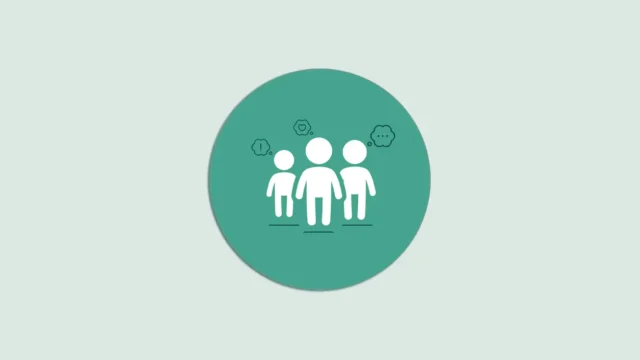
Investing in early childhood helps build the foundations of a healthy, productive, and equitable society, but outcome data reveal that not all children benefit equally from early childhood programs. Increasing effects for all children—especially those currently benefiting the least—may be the key to unlocking greater impacts at scale in early childhood programming and policy.
To maximize beneficial outcomes, policies and programs must move toward accounting for individual variations in how children respond to experiences in their developmental environment. Explore our resources on this topic, including our working paper, “A World of Differences,” which offers insights on how we can design flexible, inclusive programs that foster greater impacts for all children.
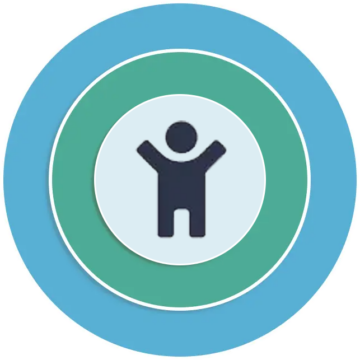 Developmental Environments
Developmental Environments

